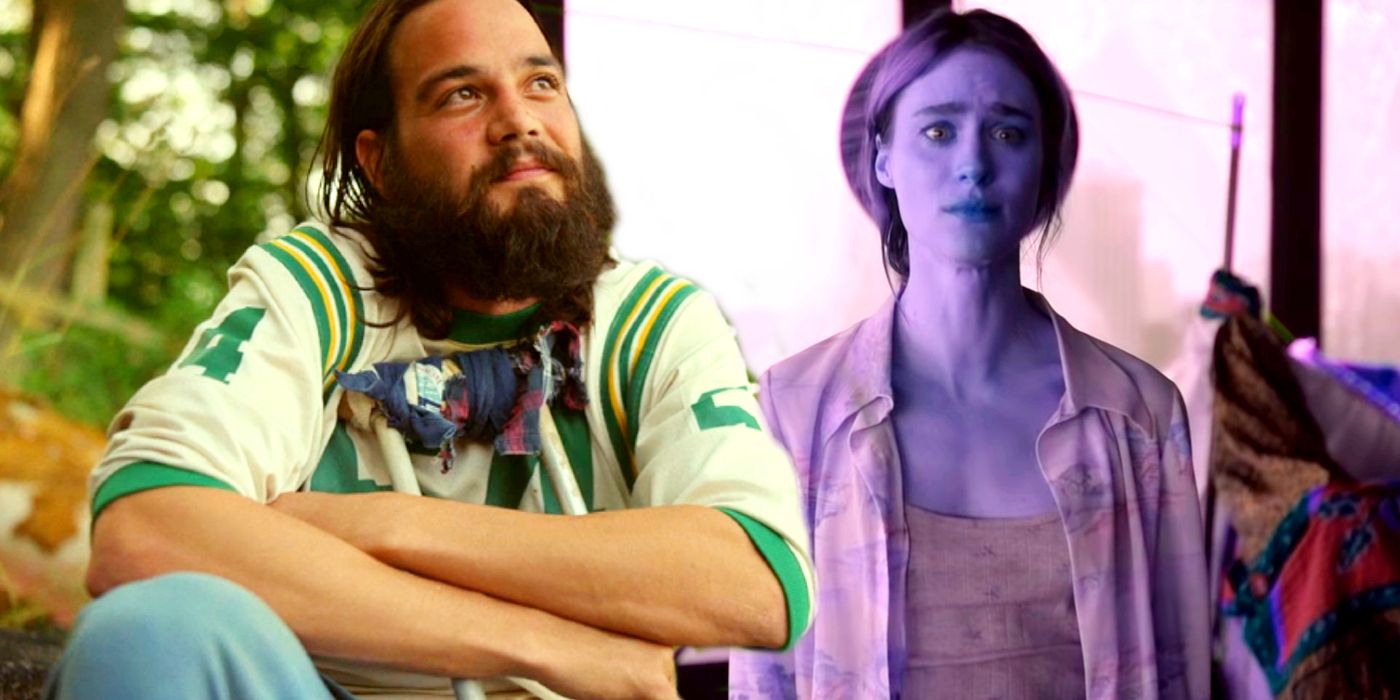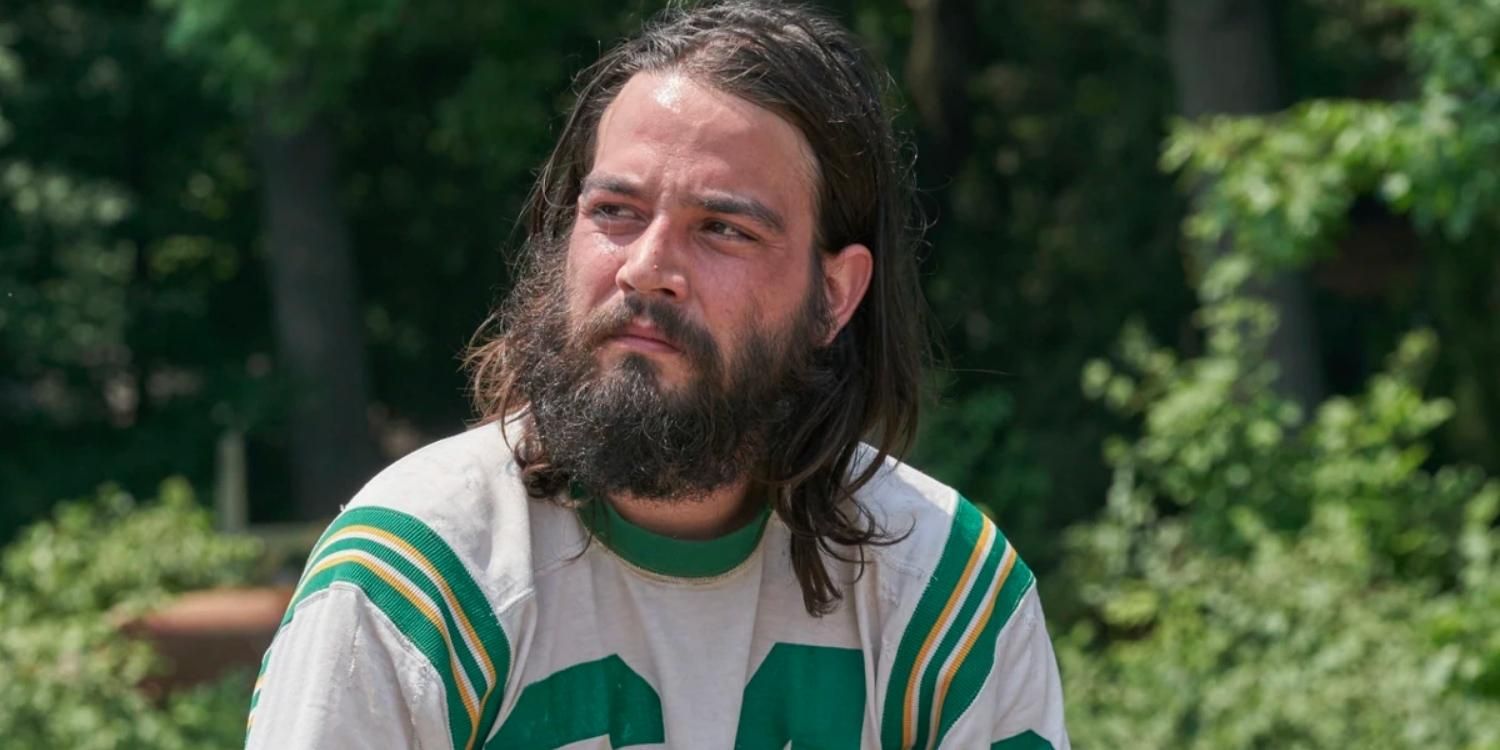Warning: Contains SPOILERS for Station Eleven
Station Eleven, the novel by Emily St. John Mandel that serves as the basis for HBO Max's miniseries is considered a stellar example of the post-apocalyptic genre, yet the adaptation manages to successfully fix a previous villain problem. Thought provoking and human, the story follows the Traveling Symphony, a group of actors and musicians who are struggling to bring joy and inspiration to a Midwest ravaged by a pandemic twenty years earlier. Well-received by both readers and critics, the original novel posits a different side to an apocalypse - one that is hopeful and artistic and community-oriented - rather than the usual brutality and greed of dystopian portrayals. However, for all it's successes, the small-screen version identifies one notable area for improvement.
With the real-world COVID-19 pandemic raging, HBO and showrunner Patrick Somerville had his work cut out for him. Any adaptation requires some changes to the source material, and Station Eleven was no exception. The show chooses to link unrelated characters together to help build Kirsten and Jeevan's backstories more thoroughly and also fleshes out other members of the Traveling Symphony and the Severn City cohort. But by changing the story's villain - by delving into his childhood experiences, loss, grief, and dehumanization - the show does something almost unheard of. It becomes better than its source material.
The Prophet of Mandel's novel is a two-dimensional, creepy uncle-type villain. A cult leader who abducts young girls who are to become his child brides, the Prophet is no better than the Claimers on The Walking Dead or every character who isn't the protagonist in The Road. He preaches that the flu that killed most of humanity was sent like Noah's flood to give people the chance to start over, and he believes that he was divinely chosen to lead them in this second chance. He's dangerous, and his followers murder, maim and torment in his name. But his motivations are not particularly nuanced and he serves only as a foil to the happy community that the Traveling Symphony has become. HBO's Prophet, however, was once a boy that was betrayed by the people he thought he could trust, lending a more complex aspect to his character.
After his father's death, Tyler is stranded in an airport with his mother, his father's oldest friend, and a large group of strangers. He works hard to try and be helpful, salvaging engineering information before the internet dies and helping tend the other children. He is a child who has been shuffled around his whole life, often abandoned, but he trusts his mother and wants something good to come out of the trauma he's experienced. But when he does what he knows is right - trying to help a man who has somehow survived aboard the plague plane outside the airport - he is treated like a criminal and the surviving man is murdered right before his eyes. The ostracization he experiences damages him. It is that moment, and the change that it creates in the character of the Prophet, that subverts the novel and most other dystopian fiction. Because the Prophet isn't evil. He's just a kid who can't trust that anyone would take care of him, and he wants to make sure that no other child ever has to feel like that.
Station Eleven's Traveling Symphony has a motto: "Survival is Insufficient", and the show's Prophet believes the same. He has no intention of allowing the world to turn its back on the children that have been born, after the flu. He knows what it felt like to be ignored, abandoned, unaccepted, and broken, and he will use whatever tools he must to keep another child from feeling that way. He is still brutal, and he still does villainous deeds, but by fleshing out his backstory and allowing viewers the chance to understand his motivations, HBO's Station Eleven has done something complex and interesting and far more thought-provoking than the book did. It's made viewers wonder about all villains, and the damage that they each remember.


